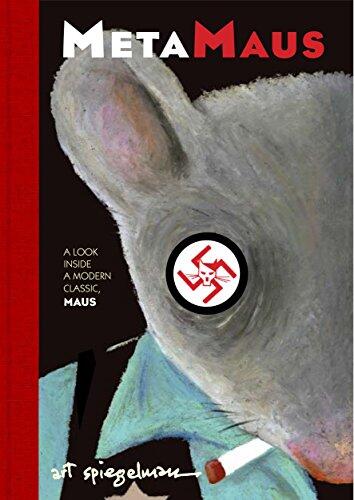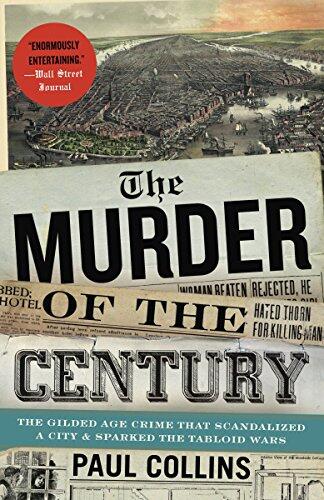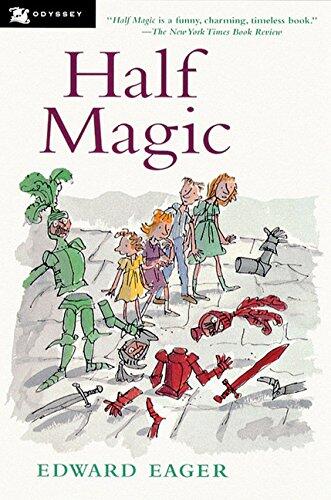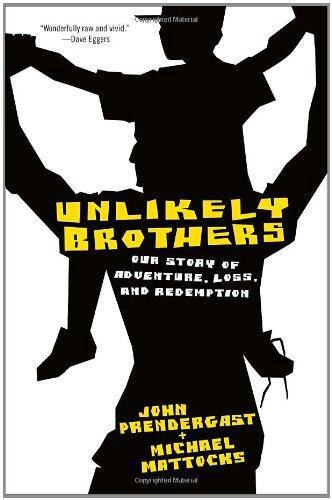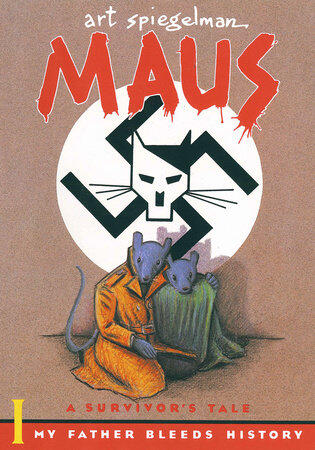
Maus I: A Survivor's Tale: My Father Bleeds History
by:
Art Spiegelman
Language: English
Format: Hardcover
ISBN 10: 0394541553
ISBN 13: 9780394541556
Publication date:
January 1st, 1991
Publisher: Pantheon Books
Pages: 159
Genres: Romance, Manga, Graphic Novels, Art & Photography
In a poignant blend of memoir and history, Art Spiegelman weaves a powerful narrative that captures the harrowing experiences of his father during the Holocaust. Through the innovative use of anthropomorphic characters, Spiegelman draws readers into a world where Jews are depicted as mice and Nazis as cats, emphasizing the predator-prey dynamic that permeated this dark chapter of history. This unique artistic choice not only deepens the emotional impact but also invites reflection on larger themes of survival and identity.
As he navigates his father's painful recollections, Spiegelman presents the complex legacy of trauma that affects generations. The intimate interviews reveal not just the horrors faced during the war, but also the enduring struggle of a survivor grappling with loss and memory. Each frame captures the nuances of their relationship, showcasing tenderness alongside the weight of inherited grief.
The narrative also explores the author's own challenges in understanding his father's trauma and the impact of that legacy on their relationship. This interplay between past and present underscores the difficulty of confronting such histories, raising questions about the nature of storytelling itself. The visuals, paired with raw emotions, create a haunting and unforgettable experience.
Ultimately, this first volume of the tale lays the groundwork for a deeper inquiry into the complexities of memory and the human condition. It stands as a testament not only to a dark past but also to the resilience of those who endure, inviting readers to engage with history on both an emotional and intellectual level.
As he navigates his father's painful recollections, Spiegelman presents the complex legacy of trauma that affects generations. The intimate interviews reveal not just the horrors faced during the war, but also the enduring struggle of a survivor grappling with loss and memory. Each frame captures the nuances of their relationship, showcasing tenderness alongside the weight of inherited grief.
The narrative also explores the author's own challenges in understanding his father's trauma and the impact of that legacy on their relationship. This interplay between past and present underscores the difficulty of confronting such histories, raising questions about the nature of storytelling itself. The visuals, paired with raw emotions, create a haunting and unforgettable experience.
Ultimately, this first volume of the tale lays the groundwork for a deeper inquiry into the complexities of memory and the human condition. It stands as a testament not only to a dark past but also to the resilience of those who endure, inviting readers to engage with history on both an emotional and intellectual level.
